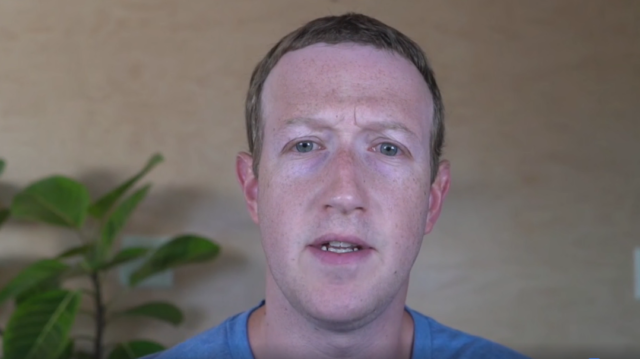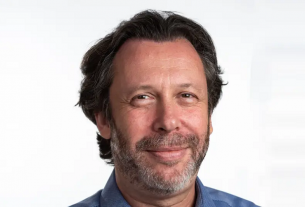Facebook Out of Political Game
The company will no longer promote political groups.
Facebook has taken a dramatic step in response to all of the political turmoil of that least few months. The world’s mammoth social media service will no longer promote political groups. And Mark Zuckerberg’s company also see what it calls significant obstacles ahead in 2021.
The company had a successful fourth quarter for the year 2020, in spite of the Coronavirus recession. It reported $28 billion in revenue for the quarter, and grew its user base to 1.84 billion daily active users and 2.8 billion monthly active users.
Facebook sited increases in online shopping due to the Covid-19 shutdowns as a source for its increased revenues. This led to more online targeted advertising by companies.
But bow the company is concerned that it will see a downturn in its advertising revenue this year. This will be, in part, due to the privacy policy changed made by Apple to its iOS operating system used by its mobile devices.
On that issue Mark Zuckerberg said that Facebook has “a lot of competitors who make claims about privacy that are often misleading.”
Facebook CFO Dave Wehner said in a statement:
“We continue to face significant uncertainty as we manage through a number of cross currents in 2021. We also expect to face more significant ad targeting headwinds in 2021. This includes the impact of platform changes, notably iOS 14, as well as the evolving regulatory landscape.”
But Mark Zuckerberg tried to paint a rosier picture saying that he is excited about how his company had stronger than expected earnings last quarter. “I’m excited about our product roadmap for 2021 as we build new and meaningful ways to create economic opportunity, build community and help people just have fun,” he said.
As for the promotion of political groups in its news feeds, Facebook took its first action on this matter when it suspended all elections advertising in the run-up to the 2020 election. And with all of the turmoil that came after the election Facebook extended the ban.
“One of the top pieces of feedback that we’re hearing from our community right now is that people don’t want politics and fighting to take over their experience on our services,” Mark Zuckerberg about the new policy on political ads.
But political pressures certainly also played a part in this decision. Facebook has been under public scrutiny since it did nothing to stop the spread of fake news stories on its system during the 2016 presidential elections. In the aftermath the company promised to take strict measures at blocking fake news and hate speech.
Many people have been banned or at least suspended by Facebook for their misleading posts. Even Donald Trump was suspended in the last weeks of his presidency. But this led to a backlash from both Trump’s supporters and free speech advocates.
Just a day before announcing its policy change Mark Zuckerberg was presented with a letter from democratic congressman Ed Markey of Massachusetts which stated that Facebook’s system recommending political groups “poses grave threats to American democracy and public safety.”
Here is Mark Zuckerberg’s full statement on the matter:
“As we continue to focus on this, we need to make sure the communities people connect with are healthy and positive. That’s something we’ve been focused on for a while now. One way of course we do that is by taking down groups that break our rules against things like violence or hate speech. In September, we shared that we had removed more than 1 million groups in the last year alone. But there are also a lot of groups that we may not want to encourage people to join, even if they don’t violate our policies.
For example, we stopped recommending civic and political groups in the US ahead of the elections. We’re continuing to fine tune how this works, but now we plan to keep civic and political groups out of recommendations for the long term, and expand this globally. To be clear, this is a continuation of work we’ve been doing for a while to turn down the temperature and discourage divisive conversations and communities.
Along these same lines, we’re also currently considering steps we could take to reduce the amount of political content in News Feed as well. We’re still working through exactly the best way to do this. And to be clear, of course we’ll still enable people to engage in political groups and discussions if they want to. These can often be important and helpful. They can be ways to organize grassroots movements, speak out against injustice, or learning from people with different perspectives. So we want these discussions to keep happening. But one of the top pieces of feedback we’re hearing from our community right now is that people don’t want politics and fighting to take over their experience on our services.”
Read more about: facebook, Mark Zuckerberg




